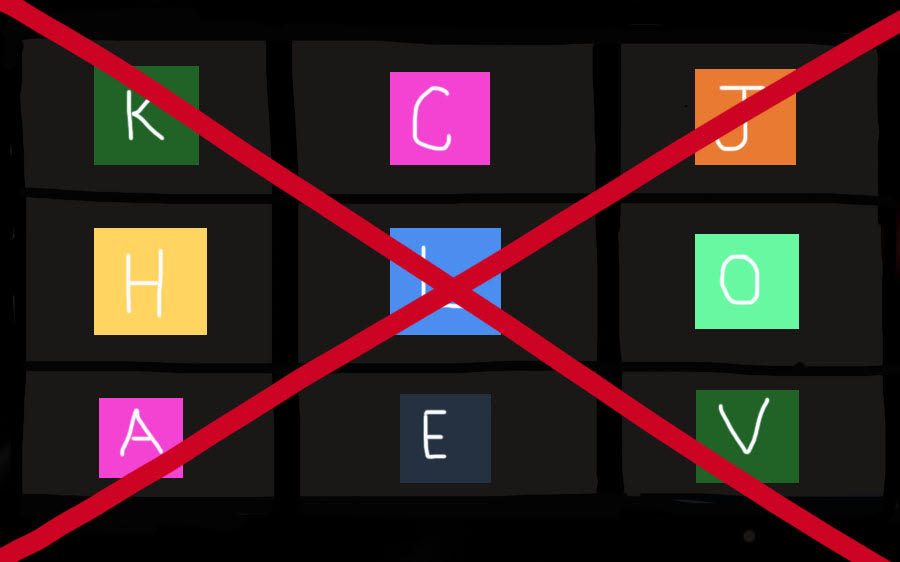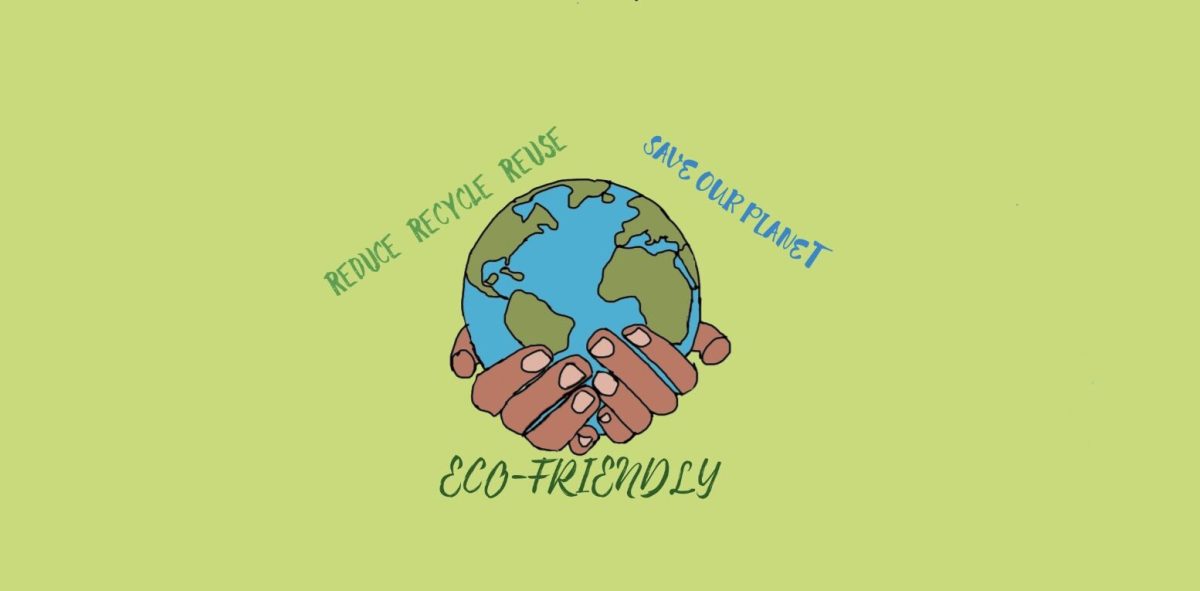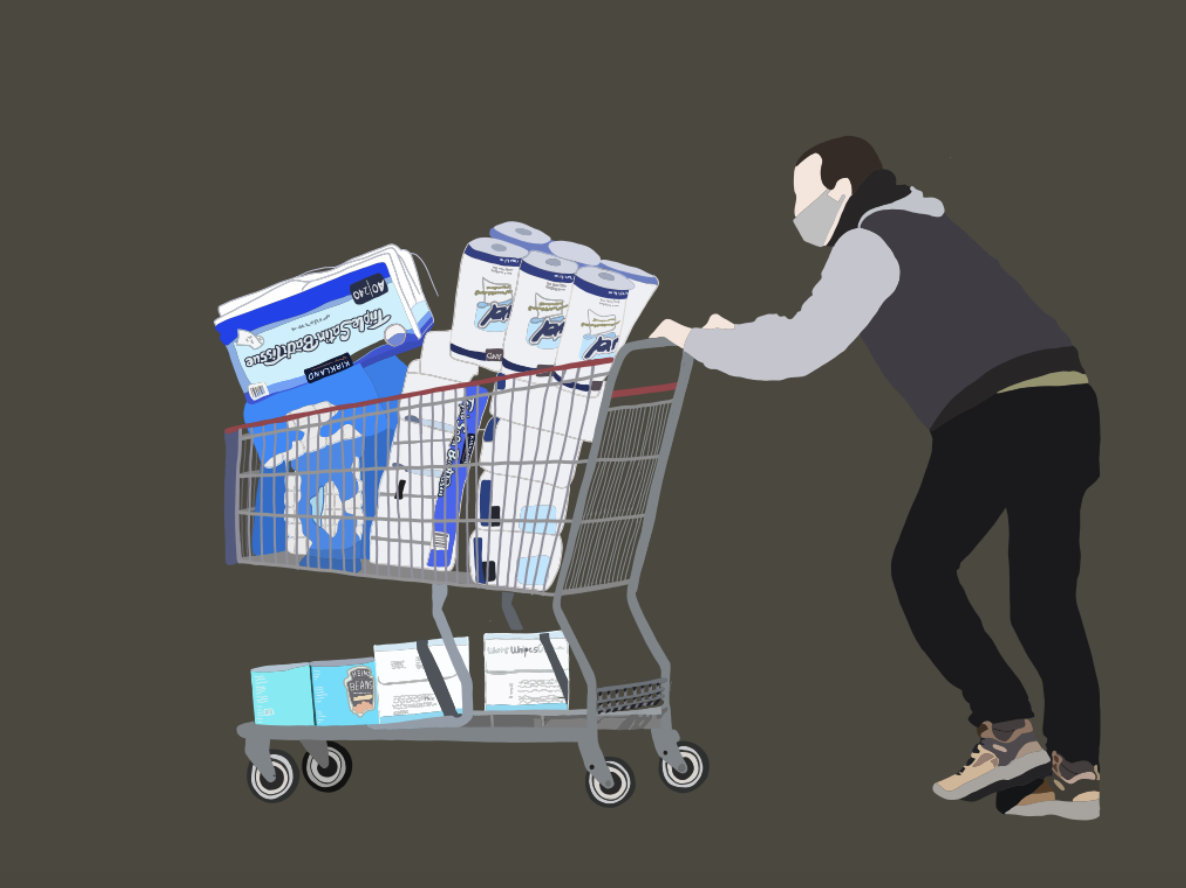In the course Exploring Science I, 7th graders watched a documentary called Just Eat It! The documentary followed a couple named Grant and Jen as they set a challenge for themselves. The challenge was to survive six months with only food waste. Their goal was to rescue food that would otherwise be wasted, and they were curious about just how much food is being wasted. Grant and Jen often had to look for food in dumpsters, but they found an abundance of wasted food, which surprised them. The documentary also provides information about how food waste contributes to climate change, and it emphasizes what we can do to waste less food.
At the end of the documentary, Jen and Grant stated that wasted food could have sustained them for much longer than six months. There was a large abundance of wasted food, and they truly realized just how much useful food is thrown away on a regular basis. One particularly impactful moment was when Grant discovered a giant dumpster about the size of a small swimming pool that was filled to the brim with just packages of hummus. These packages of hummus also had three weeks before they expired, and they were likely discarded because of a very small error. Many foods, especially fruits, are held to extremely high standards. Bananas are one example of fruit that is held to high standards. The quality standards for bananas are that they have to be a certain length and width, and they need to have a certain curvature as well. If bananas don’t meet these requirements, they are immediately discarded, even if they are still fit to eat. Other times, there is a small error on the packaging. In Just Eat It!, Grant found ample chocolate bars that had not expired, but the lettering on the wrapper was not in French, and that caused many chocolate bars to be wasted.
The documentary also explains that our priorities are not in order: our first priority should be to feed people and donate food, then we should be feeding animals. If we can’t feed people or animals, we should compost and turn extra food into energy. If we can’t do any of those things, only then should we discard or incinerate food. In real life, our priorities are completely switched around, and although there are many options before landfilling, we are not using it as a last resort. In the US, 97% of food produced goes to a landfill. If we diverted just 15% of the food that we waste, it would be enough to help half of all food-insecure Americans. Additionally, wasting food wastes water and energy. It takes a large amount of water and energy to produce food, especially beef. Wasting food also speeds up climate change. When food decomposes in landfills, it releases methane, which is twenty-one times stronger of a greenhouse gas than carbon dioxide. This has a harmful impact on the environment, because greenhouse gasses such as methane speed up climate change. There are four stages of food production where food can go to waste. The stages are the production itself, processing, retail, and consumption. There are a variety of ways that food is wasted in each of those categories.
During COVID-19, it is especially important not to waste food, because our trips to grocery stores are limited. There are many ways to prevent food waste. We can use our freezers more, be mindful of when food will expire, compost more, go to the grocery store with a clear list, eat our leftovers before buying a new meal, and more. In Just Eat It!, Jen and Grant had a little box in their refrigerator that said “Eat Me First.” That helped them identify which food would soon expire. Ms. Mino teaches Exploring Science I at Marlborough, and she has been attempting to waste less food over the last three years. Ms. Mino often tries to cook using recipes that share some of the same ingredients, and she is making an effort to compost more. Unfortunately, a lot of food is being wasted at this time. Because restaurants are closed, farmers have excess food that they can’t sell to restaurants, and that food is going to waste.
After the quarantine, Ms. Mino plans to glean or help farmers harvest crops that eventually get donated. She also will work with farmers and grocery stores to rescue food before it is wasted. Food waste is a very important issue, especially in this time, and everyone should make an effort to waste less food and help the environment.







